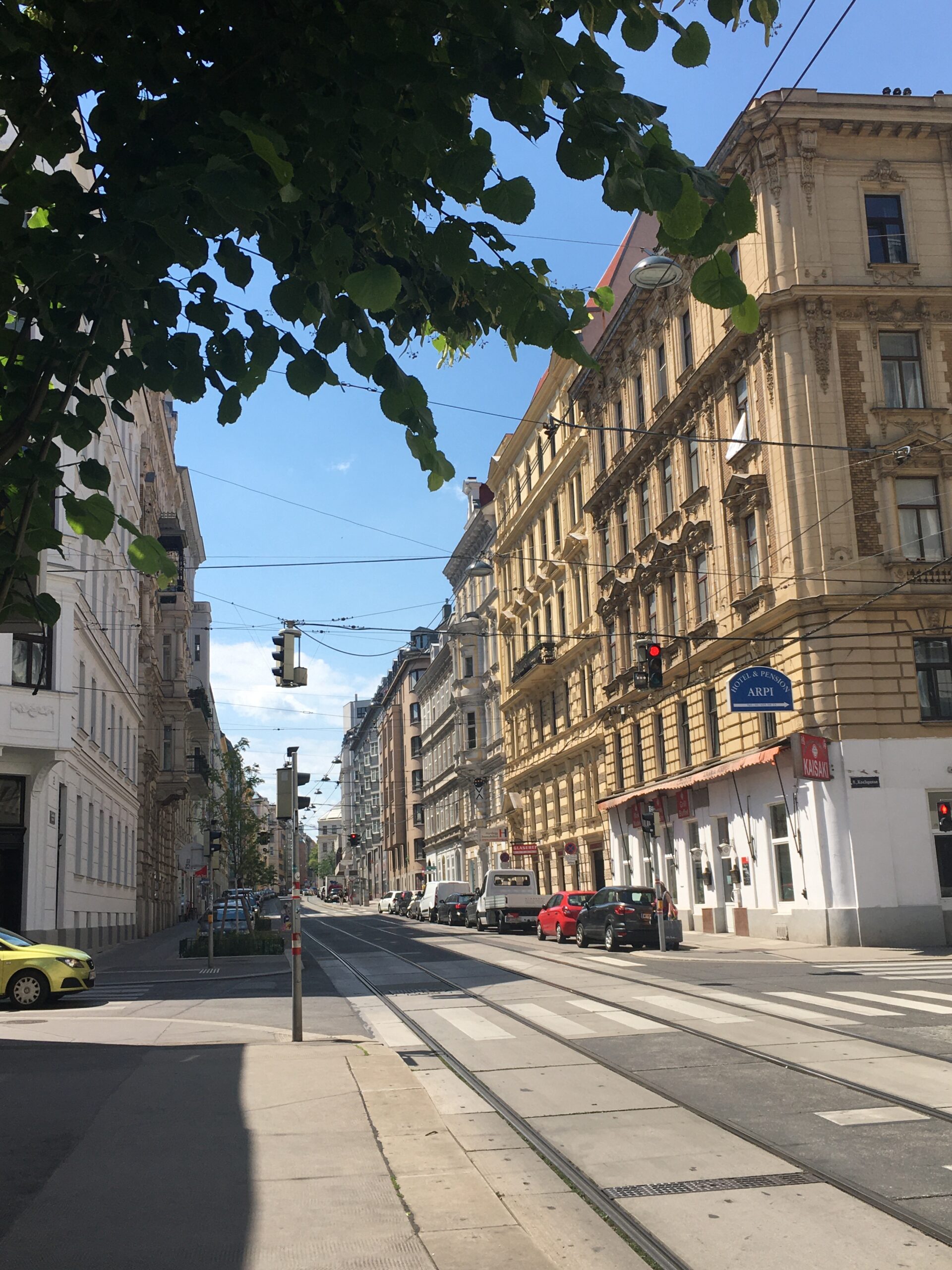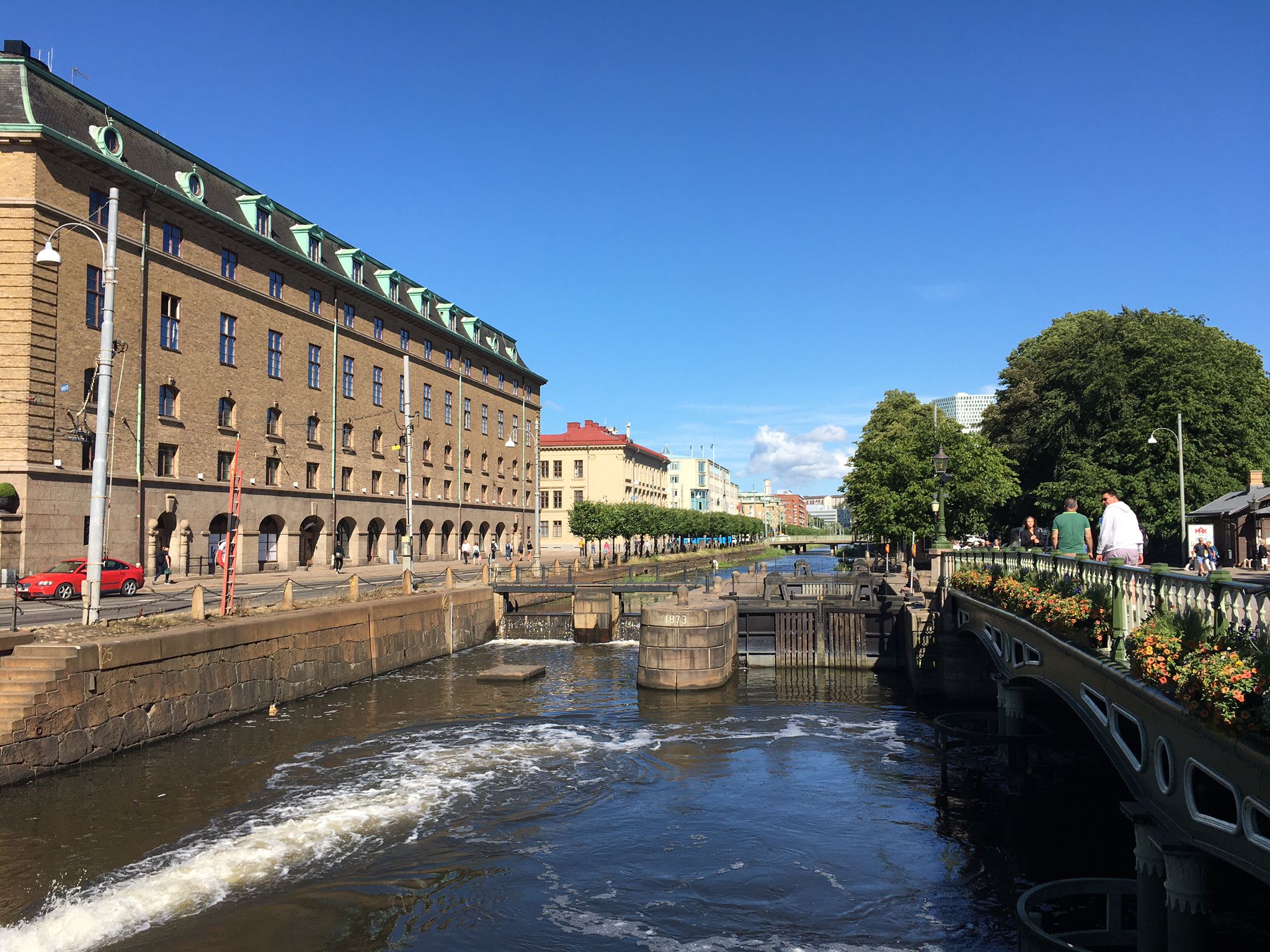
July 2nd marked the first day I stepped onto the University of Gothenburg’s campus. However, I landed in Europe long before then.
In early June, I uneasily took off with my younger sister on a nine-hour flight to Vienna, Austria. It had been years since I sat on an airplane, and I clasped my sister’s hand when the plane sped up before slowly taking flight. This was the first time flying without my parents, and not only that, but I was also responsible for my sister. Still, it was less nerve-wracking than being alone.
I nervously got our passports stamped in Amsterdam, and on our connecting flight where I saw afternoon come once again where it would’ve been pitch-black in America, I wondered if this was even a good idea.
Neither of us had really slept, and we were on the last leg of our roughly fourteen-hour trip. In my overtired haze, I churned out clear memories, head resting in my hand as I gazed out to the cloud-covered cities below.
I am a Hakka-Chinese, part of a group of the Hakkas that grew up in India. Many Hakkas left India after growing up, and both sides of my family were included. However, they left to many different places, and even I can’t name all the places where all my distant relatives fled to. However, two of my aunts settled down in Europe. One was in Vienna, Austria, and the other happened to be Sweden.
My mother was no exception to the life of immigration and travel. She lived in many different places before settling down in America, and my other relatives have also taken traveling as a matter of life. For me, growing up in a comfortable home in the States, tourism and traveling seemed like a pain. You’d have to pack, calculate finances, create schedules, and planning, endless planning. Furthermore, I’d have to go by myself. What if something went wrong? What if I missed my flight? What if I lose all my things? What if I drop my passport in a sewer gutter?
But tons of people go to different places, explore rich atmospheres, breathe different air, and study at international universities. The more you do something, the more you become used to it. I wanted to follow in my mother’s footsteps. I wanted to see the places she had been, and to know the tribulations she experienced. Most of all, I want to grow. Hakkas were largely a migratory group back then. In a way, I wonder if I can be closer to who I am.
The flight to Vienna went without a hitch. I met my aunt and cousins again for the first time in perhaps a decade or so. After that, my sister and I took a flight to Sweden. I met my other aunt and my other cousins, family I definitely haven’t met for at least twelve years. Time passed so quickly, and it was like meeting them all over again for the first time.
Funnily enough, both households said the same thing: “There’s no need to be shy, you are one of us.” I was worried about intruding for so long, but another core value of Hakka Chinese (or Chinese in general) is family. I was one of their own, in blood, language, and culture. No matter how many miles we were separated by, it was like returning home.
My month of tourism and catching-up ended in a flash. Fast-forward to Gothenburg, Sweden: left truly by myself with a suitcase and uneasiness. Inside my bag was a lunch my aunt packed for me. However, two weeks in Sweden gave me enough familiarity to comfort me. What followed was a hectic few days, and moving into a dormitory is roughly the same, no matter where it is. Figuring out public transportation, budgeting, sightseeing planning; the first couple of days were trivial. However, standing in the city center with the wind billowing in my skirt, I felt a serene peace at being alone, standing in my own shoes, lost in my own awe of the beauty and bustle surrounding me.
This is what it means to travel.

